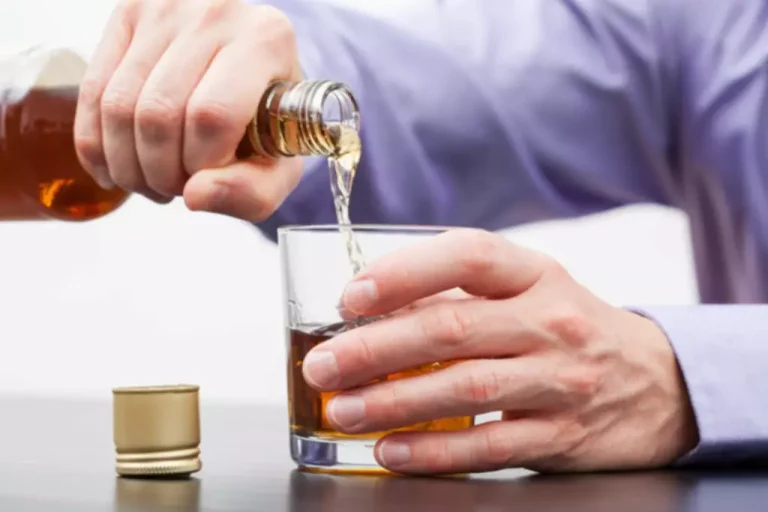
Often-times in recovery, being sober seems to be the aim. Yes, it is a crucial and a fundamental part (the beginning aspect) of starting the journey to full scale “recovery,” but the independent process of avoiding drugs and alcohol is nowhere near true freedom. Unfortunately, for someone in recovery, feelings of discontent are dangerous. It doesn’t take long for thoughts https://ecosoberhouse.com/ to become words and words to become actions.
Why Do We Hate Being Sober?
- When our mental health suffers, our social health suffers.
- Not only because not drinking is hard, but also because we live in a society where most everyone around us drinks.
Remember what life was like being sober sucks when every moment was chaos and unmanageable. Remember how family and friends wouldn’t return calls or didn’t trust to leave you alone. You will have days when you don’t necessarily make the strongest choices to improve your well-being or strengthen your recovery.
- Not only because my portion of the check is significantly smaller than anyone else at the table, but also because I refuse to invest in Big Alcohol.
- As with most problems, the solution is as difficult or as simple as we make it.
- If you feel like sobriety sucks, you need more support.
Discover more from Real Deal Sober Living

Not only because not drinking is hard, but also because we live in a society where most everyone around us drinks. Yes, it’s a common feeling for those of us who continue to work on developing a healthier relationship with alcohol. There are so many Drug rehabilitation benefits to living a life of sobriety! When you commit to being alcohol-free, you can look forward to improved overall health, reduced inflammation, mental freedom, clear thinking, improved mood, authentic relationships, money saved, and rediscovery of interests. It’s helpful to identify the real reason behind why we may hate being sober.
Because being sober sucks
Spending sober time becoming familiar with your body intimately can help you better communicate your needs to someone else when you feel ready for that step. Some reasons we may hate being sober include losing a false sense of happiness and community and having to face emotions we may have been avoiding. Our aversion to the feeling of being sober can prevent us from maintaining our commitment to sobriety and hinder us from developing a healthier relationship with alcohol. The consequences of avoiding sobriety can impact all areas of our life. Alcohol is commonly brushed off as a fun and casual drink for socializing and relaxing, but it’s actually a powerful mind-altering drug that can quickly trap us in a cycle of dependence.

The Downside of Sobriety: The 6 Things No One Tells You Might Happen If You Quit Drinking

Personally, I always thought drunk people were fun, and I didn’t want my own poop relationship with alcohol to stand out. I wanted to blend in nicely with a crowd who understood that sometimes you just want to drink your face off, or one that didn’t think anything was weird about a glass of noon wine. If you’re like most drinkers, you’ve likely surrounded yourself at some point with a group of people who also drink.
Why Is Being Sober So Difficult?
You can then consistently look back, see how far you’ve come, and assess what you have accomplished along the way. Instead of isolating and giving into feeling bad, reach out and connect with others who might be going through the same thing. Go to a 12-step meeting, find a sober group online, or call a sober friend who understands. So now I’m sober, and I have zero choice but to be me in all situations.
- These days, unless I’m feeling generous, I simply say, “I don’t drink,” and leave it at that.
- I don’t have that much sex, and that’s more like me saying, I no longer lower my standards and sleep with just anyone because of beer goggles.
- There are so many benefits to living a life of sobriety!

I’d argue that many of us gravitated to a group of friends who have drinking habits that align with our own, and we did this because we didn’t want sober friends. It all starts with putting down that crutch, and reaching out. There are plenty of negative elements to getting sober too.
- The person who posed the question felt she had been misled.
- Generally speaking, someone who is sober curious is reconsidering their relationship with alcohol—taking a look at why, when, and how often they drink.
- Or maybe those crotchety old-timers like to complain about life.
People experiencing nifaliophobia may avoid situations where substances are absent and feel severe anxiety about living sober. It’s important to choose people who are nonjudgmental and encouraging, rather than those who might inadvertently lead you back into old habits. When it seems like all you want to do is forget, to go get high or drunk and be gone, if only for a few moments, remember what addiction’s cost you.

Some people sober up, but they’re still jerks.
It is also an educational tool for addiction professionals and those in recovery, and I am here to tell you I had some unexpected lessons to learn when I became sober. SELF does not being sober sucks provide medical advice, diagnosis, or treatment. Any information published on this website or by this brand is not intended as a substitute for medical advice, and you should not take any action before consulting with a healthcare professional. Reframe supports you in reducing alcohol consumption and enhancing your well-being. Being overly polite might seem kind, but it often leads to problems anyway, in relationships, with friends, and at work. William Berry is a psychotherapist and teaches at Florida International University.
